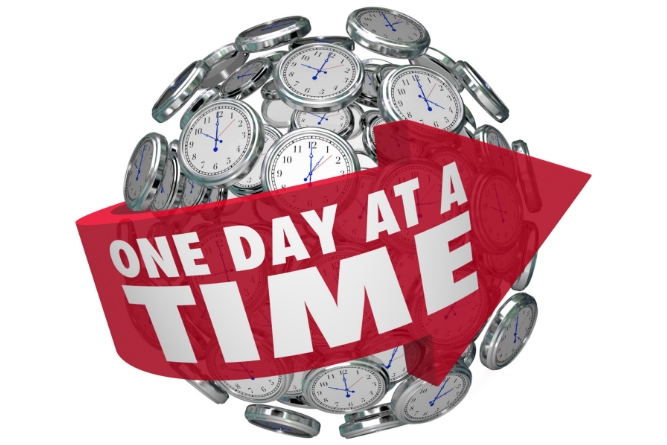Recovery from addiction is a lifelong journey and for many, the 12-Step program provides a structured and spiritual path toward lasting sobriety. At the heart of this process is the invaluable relationship between a sponsor and a sponsee. Obtaining a sponsor and actively working the 12 Steps can make a significant difference in one’s recovery, offering guidance, accountability, and personal growth.
What is a Sponsor?
A sponsor is someone who has experience working through the 12 Steps and has achieved sustained sobriety. They serve as a mentor, providing insight, encouragement, and support as their sponsee navigates the challenges of early recovery and beyond. Sponsors have walked the same path and can share firsthand knowledge of what it takes to stay sober.
The Benefits of Having a Sponsor
Guidance Through the Steps – The 12 Steps can seem overwhelming at first but a sponsor helps break them down into manageable actions. They ensure that their sponsee understands and applies each step in a meaningful way.
Accountability – Recovery is not meant to be done alone. A sponsor helps keep their sponsee accountable by checking in, discussing progress and offering honest feedback when needed. Support in Difficult Times – Cravings, emotional distress and life challenges can be triggers for relapse. A sponsor is someone to turn to for encouragement and wisdom when temptation arises.
Experience, Strength, and Hope – One of the key aspects of a sponsor is that they have lived through similar struggles and found a way out. Their personal experiences can provide hope and motivation.
Encouragement for Service Work – Part of long-term sobriety is giving back. Sponsors encourage their sponsees to be of service to others, reinforcing the idea that recovery is about connection and community.
Why Working the 12 Steps is Essential
The 12 Steps are a roadmap for personal and spiritual growth, helping individuals heal from the root causes of their addiction. Each step builds upon the last, guiding people toward self-awareness, amends and a commitment to a new way of life.
Admitting Powerlessness – Step 1 is the foundation of recovery, acknowledging that addiction is unmanageable without help.
Building Faith – Steps 2 and 3 encourage trust in a higher power or a guiding force greater than oneself.
Self-Examination – Steps 4 and 5 involve deep personal inventory and sharing with another person, often the sponsor.
Making Amends – Steps 6 through 9 focus on character growth and repairing past harms.
Spiritual Maintenance – Steps 10 and 11 emphasize ongoing self-reflection and connection with a higher power.
Helping Others – Step 12 is about carrying the message forward and helping others on their journey.
Recovery is not just about abstaining from substances—it’s about transforming one’s life. Having a sponsor and working the 12 Steps fosters accountability, emotional healing and a sense of purpose. Those who actively engage in this process often find not only sobriety but a deeper sense of fulfillment, connection and peace. If you are on this journey, seeking a sponsor and committing to the Steps may be the most life-changing decision you make.

